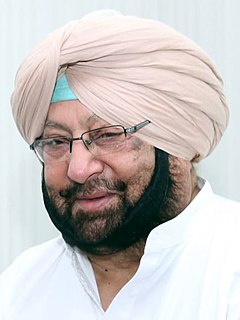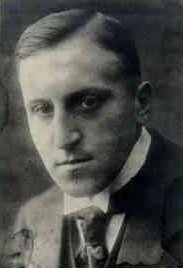A Quote by Friedrich Nietzsche
Not to be cowardly when it comes to our own actions! Not to leave them in the lurch!--The sting of conscience is indecent.
Related Quotes
An individual can be truly moral only when they are their own master. From the moment when they awaken to a comprehension of that which is equitable and good it is for them to direct their own movements, to seek in the their conscience reasons for their actions, and to perform them simply, without either fearing punishment or looking for reward.
It has become a big tragedy in a way: if somebody's parents has 2 acres, they get them to sell the land and send them abroad. They go abroad and leave their parents in the lurch. It is becoming a big problem. That is why we are concentrating on industrialization of Punjab so that we can create jobs here and keep our children here.
The best Armour of Old Age is a well spent life preceding it; a Life employed in the Pursuit of useful Knowledge, in honourable Actions and the Practice of Virtue; in which he who labours to improve himself from his Youth, will in Age reap the happiest Fruits of them; not only because these never leave a Man, not even in the extremest Old Age; but because a Conscience bearing Witness that our Life was well-spent, together with the Remembrance of past good Actions, yields an unspeakable Comfort to the Soul
In actions of enthusiasm, this drawback appears: but in those lower activities, which have no higher aim than to make us more comfortable and more cowardly, in actions of cunning, actions that steal and lie, actions that divorce the speculative from the practical faculty, and put a ban on reason and sentiment, there is nothing else but drawback and negation.
Demean thyself more warily in thy study than in the street. If thy public actions have a hundred witnesses, thy private have a thousand. The multitude looks but upon thy actions; thy conscience looks into them: the multitude may chance to excuse thee, if not acquit thee; thy conscience will accuse thee, if not condemn thee.
The principle of self-reliance grows out of a fundamental doctrine of the Church, that of agency. Just as each individual is accountable for his choices and actions in spiritual matters, so also is he accountable in temporal matters. It is through our own efforts and decisions that we earn our way in this life. While the Lord will magnify us in both subtle and dramatic ways, he can only guide our footsteps when we move our feet. Ultimately, our own actions determine our blessings or lack of them. It is a direct consequence of both agency and accountability.
No. I believe in free will. I think we make our own decisions and carry out our own actions. And our actions have consequences. The world is what we make it. But I think sometime we can ask God to help us and He will. Sometime I think He looks down and say, 'Wow, look what those idiots are up to now. I guess I better help them along a little'.
The left hemisphere acts as an "interpreter," watching the actions and behaviors of the body and assigning a coherent narrative to these events. And the left hemisphere works this way even in normal, intact brains. Hidden programs drive actions, and the left hemisphere makes justifications. This idea of retrospective storytelling suggests that we come to know our own attitudes and emotions, at least partially, by inferring them from observations of our own behavior.







































